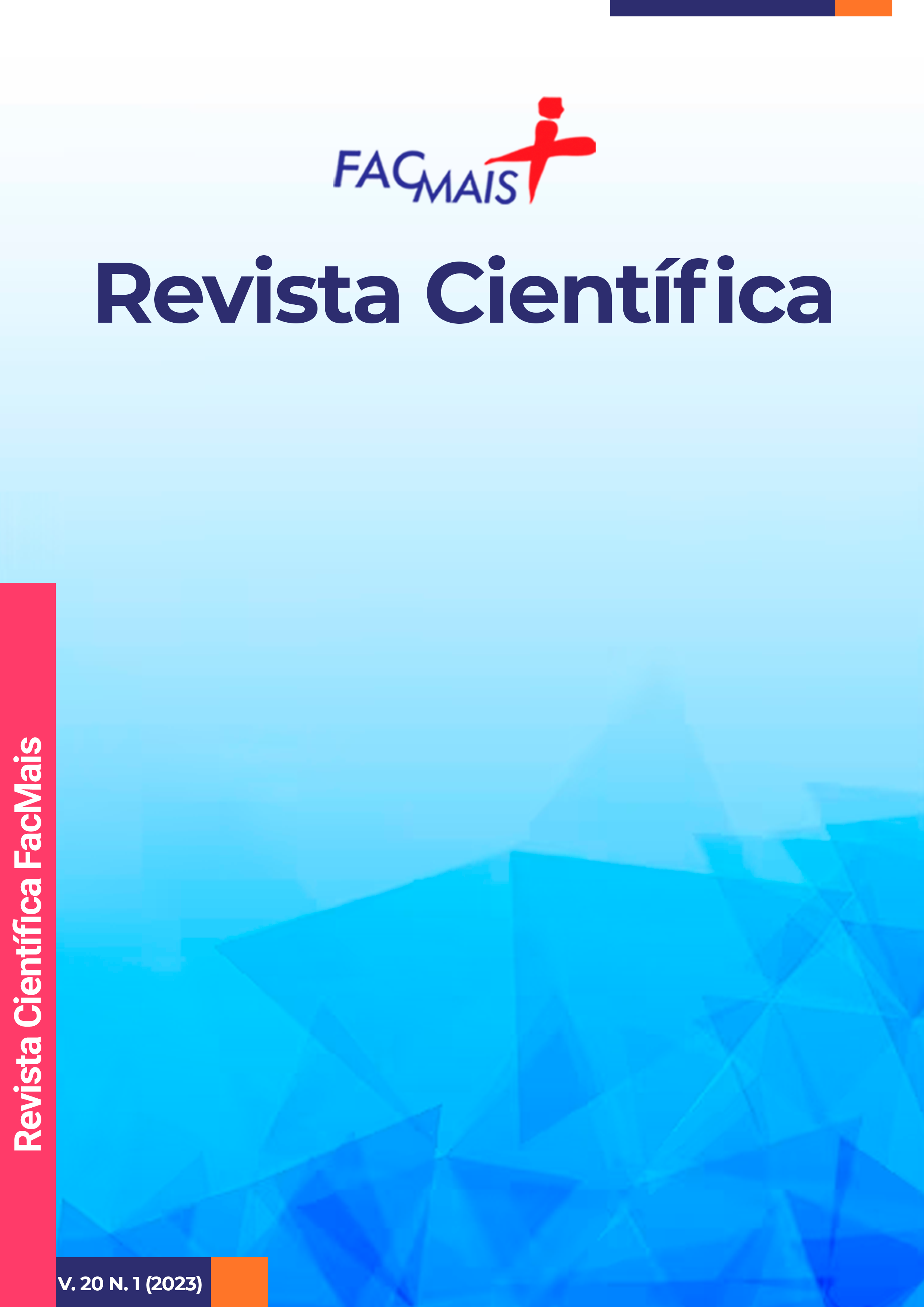INCLUSÃO DIGITAL E RELAÇÕES DE CONSUMO NA SOCIEDADE EM REDE: DESAFIOS PARA O BRASIL E PARA O DIREITO INTERNACIONAL PRIVADO
Palavras-chave:
Sociedade em rede, Relações consumeristas, Direito internacional privado, Inclusão digital, Acesso à justiçaResumo
Trata-se de artigo que enfrenta os desafios para o Brasil e o direito internacional privado, a partir da concepção de sociedade em rede, teorizada por Castells (1999), que permitiu uma ampliação do comércio e a transação de bens e serviços entre indivíduos de distintos países. O trabalho busca apresentar, sucintamente, a preocupação do legislativo brasileiro na inclusão digital dos indivíduos e a reflexão, numa perspectiva internacional, da possibilidade de resolução de conflitos gerados pelo consumo transfronteiriço. No primeiro aspecto, apresenta um tópico sobre matérias propostas por meio de PEC com o objetivo de identificar as impressões e relevância (ou não) dadas pelo Legislativo brasileiro para o assunto. Em sequência, busca referências bibliográficas para a discussão sobre eventuais litígios nas relações de consumo para a ordem internacional daqueles já inclusos na sociedade em rede. Conclui que o reconhecimento de direitos de consumidores em litígios entre países deve ser instituído a partir de uma cooperação internacional com um compromisso único de proteção destes direitos. Sobre a inclusão digital e o uso de ferramentas de consumo transfronteiriças como forma de trabalho, há necessidade de atuação na constituição de uma forte agenda brasileira para que o indivíduo possua o acesso à internet, pressuposto básico da discussão.









